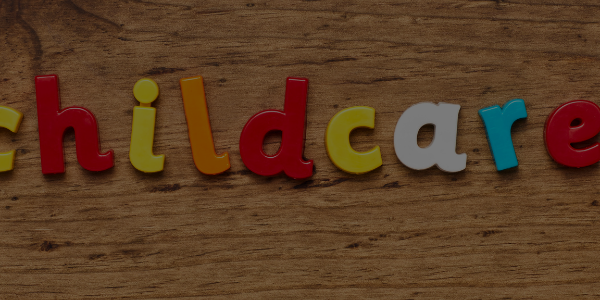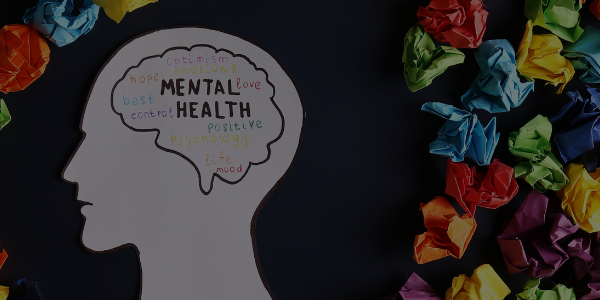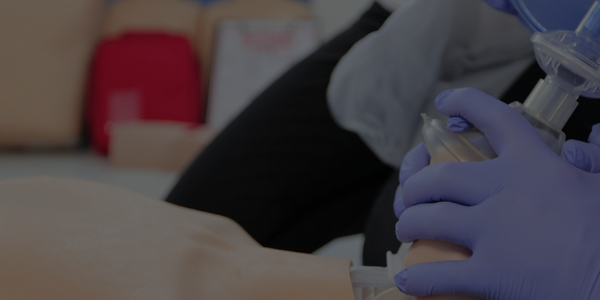Mental Health Awareness – As April arrives, we shift our focus to an essential aspect of well-being . In today’s fast-paced world, mental health challenges affect individuals in various ways. Whether you’re an educator, teacher, or NDIS worker, understanding mental health and offering support is crucial. In this blog post, brought to you by AB First Aid Training, we’ll delve into the importance of Mental Health Awareness and First Aid, emphasising its significance for both personal and professional well-being.
Why Mental Health Awareness Matters
Mental health challenges can affect anyone, regardless of age or profession. Here’s why Mental Health Awareness matters:
Prevalence of Mental Health Issues
Mental health conditions, such as anxiety and depression, are widespread, and being informed can help reduce stigma and promote early intervention.
Statistic: Approximately 20% of Australians experience a mental health condition each year, according to recent data.
Impact on Work and Education
Mental health can significantly impact an individual’s ability to work or learn effectively.
Statistic: Mental health issues account for a substantial portion of sick leave and absenteeism in workplaces and educational institutions.
Supporting Others
As educators, teachers, and NDIS workers, you play a vital role in supporting those facing mental health challenges.
Key Elements
To prioritise Mental Health Awareness, consider the following key elements:
Understanding Mental Health
Educate yourself about common mental health conditions, their symptoms, and available resources for support.
Reducing Stigma
Encourage open and non-judgmental discussions about mental health to reduce stigma and promote a culture of understanding.
Self-Care
Practise self-care techniques to maintain your mental well-being, setting an example for others.
Seeking Help
Be aware of when and how to seek professional help for yourself or someone else experiencing mental health challenges.
Mental Health First Aid
Mental Health First Aid is as important as physical first aid. It involves providing initial support to someone experiencing a mental health crisis. Consider taking a Mental Health First Aid course to enhance your skills in offering assistance when needed.
Treatment Tips for Mental Health Challenges
When supporting someone facing mental health challenges, it’s essential to approach the situation with care and empathy. Here are some treatment tips to consider:
- Active Listening: Listen attentively without judgement. Let the person express their feelings and concerns. Sometimes, having someone to talk to can provide relief.
- Offer Support: Reassure the individual that you are there for them and willing to help. Your presence and willingness to support can make a significant difference.
- Encourage Professional Help: If the person is comfortable with it, encourage them to seek professional help. Mental health professionals can provide the appropriate diagnosis and treatment plan.
- Respect Boundaries: Respect the person’s boundaries and decisions regarding their mental health. Avoid pushing them into actions they are not ready for.
- Promote Self-Care: Encourage self-care practices, such as regular exercise, a balanced diet, adequate sleep, and relaxation techniques. These can contribute to better mental well-being.
- Stay Informed: Educate yourself about common mental health conditions, treatment options, and available resources in your area. This knowledge can help you provide informed support.
- Reduce Stigma: Challenge and confront any stigma surrounding mental health. Promote understanding and empathy within your community or workplace.
- Stay Connected: Encourage the person to maintain social connections and engage in activities they enjoy. Social support is essential for mental health.
- Emergency Contacts: Ensure you have access to emergency contact numbers for crisis helplines or local mental health services. In case of a crisis, you can provide this information.
- Mental Health First Aid: Consider taking a Mental Health First Aid course to equip yourself with the skills to offer initial assistance in mental health crises.
Conclusion
In April, let’s prioritise Mental Health Awareness and First Aid. By fostering understanding, reducing stigma, and equipping ourselves with the knowledge to support others, we contribute to a healthier and more compassionate community.
AB First Aid Training offers Mental Health First Aid courses, empowering you to provide initial support to those facing mental health challenges. To learn more about our training options and how AB First Aid Training can support your mental health efforts, visit our website at www.abfirstaid.com.au or contact us at 8364 8984.
Together, we can make April a month of Mental Health Awareness, promoting well-being and resilience for all.
#MentalHealthAwareness #MentalHealthFirstAid #WellBeing #ABFirstAidTraining #SupportingMentalHealth
Please note that regular First Aid and CPR Training is the best way to make sure that you’re prepare in the case of an emergency. Book a course with us
Find this article useful? Enjoy reading more of our blogs here!





